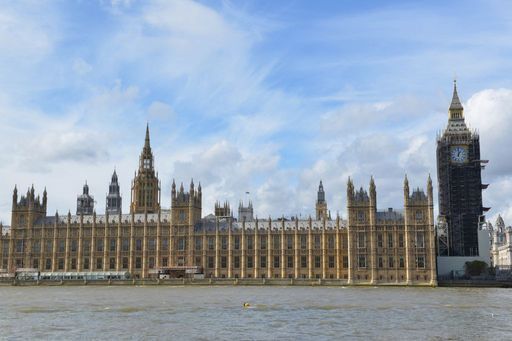A review by Scotland’s boundary commission could see it lose two members of the House of Commons.
It will be the first significant shake-up of Scottish constituencies since its number of MPs was reduced by 13 in prior to the 2005 general election.
Separate reviews could see Wales lose eight seats, while Northern Ireland’s 18 seats will remain unchanged, and England’s could be upped by 10.
An eight-week public consultation will kick off today on the preliminary plans.


UK law stipulates that constituencies may have no fewer than 69,724 electors and cannot exceed 77,062, aside from the seats of Na h-Eileanan an Iar and Orkney and Shetland which are protected by law.
The boundary commission is permitted to recommend the review of a constituency with a lower than the minimum electorate if it covers an area exceeding 12,000 square kilometres.
It identified 18 such seats ahead of the 2023 review in Scotland and retained nine, mostly located in Glasgow and Scotland’s North.
However, only two MPs could be removed, while constituency boundaries would shift and be renamed across the country to meet legal requirements.
Lord Matthews, deputy chair of the Boundary Commission for Scotland, told The Daily Record: “I believe this is a promising start to delivering the requirements of the new rules that mean the number of constituencies in Scotland will reduce from 59 to 57, and that each mainland constituency must have broadly the same number of electors.
“We have set out proposals today which do that and are, we believe, a good implementation of the rules set by Parliament.
“Today is the beginning of a process, and we now want to hear the views of the public.
“We will reflect on responses to the consultation and make changes where appropriate and where the legislation allows us to do so.
“We strongly encourage voters to make their views heard.
A Scottish Conservative spokesman told The Scotsman: “These proposals are at an early stage and we will scrutinise them in full before responding. We would encourage everyone to make their views known on how they wish to be represented at Westminster in the future.









